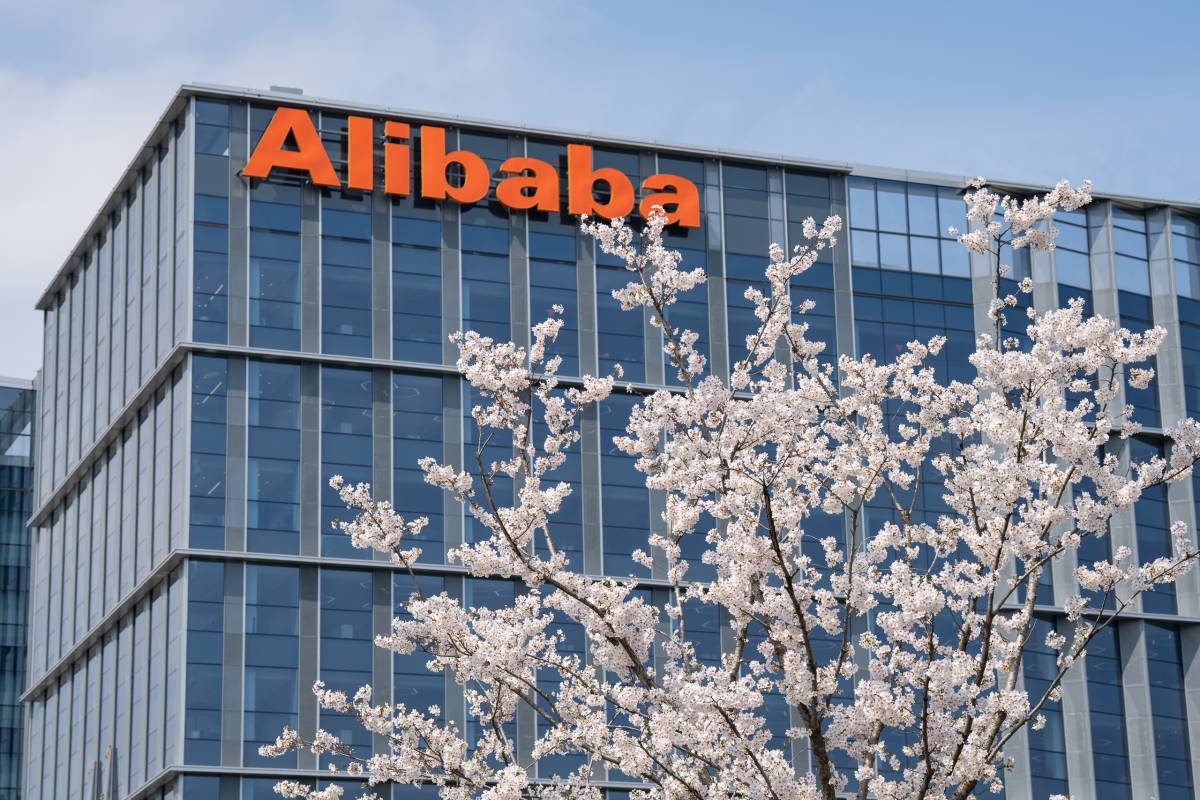
Pakistan Prime Minister Nawaz Sharif made his first ever visit to Alibaba’s Hangzhou headquarters Tuesday to witness the signing of a memorandum of understanding (MOU) with the Chinese e-commerce giant.
Alibaba, affiliate Ant Financial and the Trade Development Authority of Pakistan agreed to “foster growth” of exports from the South Asian country’s small and medium-sized enterprises, while training Pakistan’s small businesses to better use Alibaba’s platforms and e-commerce in general. The parties will also work together to grow online payments and cloud-computing services in Pakistan.
“Pakistan has seen significant progress in the past years, and we look forward to working together with TDAP to further enhance the potential of their SMEs through the signing of this MOU,” said Alibaba Group Executive Chairman Jack Ma in a statement. Ma was on hand for the signing ceremony.
MOUs are typically the first phase of collaboration between Alibaba and its public and private partners to explore ways of doing business together. Tuesday’s announcement follows similar initiativesby Alibaba to support the growth of small and medium-sized enterprises in developing countries by increasing access to e-commerce. As these SMEs grow, the economies of those developing countries do as well.
One trend helping to drive that growth is the ubiquity of smartphones. This has given rise to greater levels of mobile commerce, both in consumption and in entrepreneurship. In Pakistan, mobile phones accounted for 70 percent of all web traffic in the year ending January 31. However, with just 18 percent of the population currently online—35.1 million out of a total 194.8 million—there is still room for the sector to expand.
“With the support of the Alibaba Group we hope to elevate our local businesses to new heights and bring them into the realm of the e-commerce platform,” Prime Minister Sharif said in the statement.
Sharif’s visit comes less than a week after Malaysian Prime Minister Najib Razak was in Hangzhou to witness a separate MOU signing with Alibaba. Over the past two months, the company and its affiliates have signed several agreements with Malaysia’s government and Malaysian enterprises to realize Ma’s vision of an Electronic World Trade Platform. The eWTP would create an online network of free-trade zones that would allow SMEs to participate in the global economy.




